One of The Kinks‘ most renowed songs is, of course, their 1970 single “Lola”. Upon its release, the story in the lyrics confused, befuddled, and surprised listeners and stumped them for quite some time. However, as the lyrics became more and more listened to, people started to decipher the true story within the song. Which, as we all know today, is about a transgender woman.
Videos by American Songwriter
At the time, this subject matter was taboo, unexpected, and threw people for quite a whirl. That being said, one might believe The Kinks would have run into some trouble with radio stations, record labels, and other entities. However, the subject matter seemingly never caused the band any major trouble. What nearly got The Kinks in trouble was the incidental product placement of Coca-Cola in the song.
Why the BBC Nearly Banned The Kinks’ Song From the Airwaves
When The Kinks released their single in 1970, the most controversial lyric in the song was not “Well, I’m not the world’s most masculine man / But I know what I am and I’m glad I’m a man.” Rather, it was this seemingly innocent line: “Where you drink champagne and it tastes just like Coca Cola / C-O-L-A Cola.”
This was such a controversial line because the BBC had a policy that prohibited any product placement. The Kinks were not in cahoots with the soda brand. Nonetheless, the BBC still refused to play their song unless the line was altered. Which, for The Kinks, was a huge deal given that no radio time meant no chart placement, money, or sweeping international success.
Thanks to the high stakes, The Kinks’ lead singer, Ray Davies, flew from Chicago to London to change the line, per CBC. The simple line change Davies made is as follows: “Where you drink champagne and it tastes just like Cherry Cola / C-O-L-A Cola.”
The Kinks’ line edit made the song what it was. If they had refused to make the edit, “Lola” likely would have never peaked at no. 2 in the UK and at no. 9 in the US.
Regardless, this fact is incredibly surprising. Most people would have seemingly thought the reason for a ban would have surrounded the song’s subject matter. However, according to this story, it wasn’t. Instead, it seems the BBC just didn’t like plugging big-name products.
Photo by Hulton Archive/Getty Images

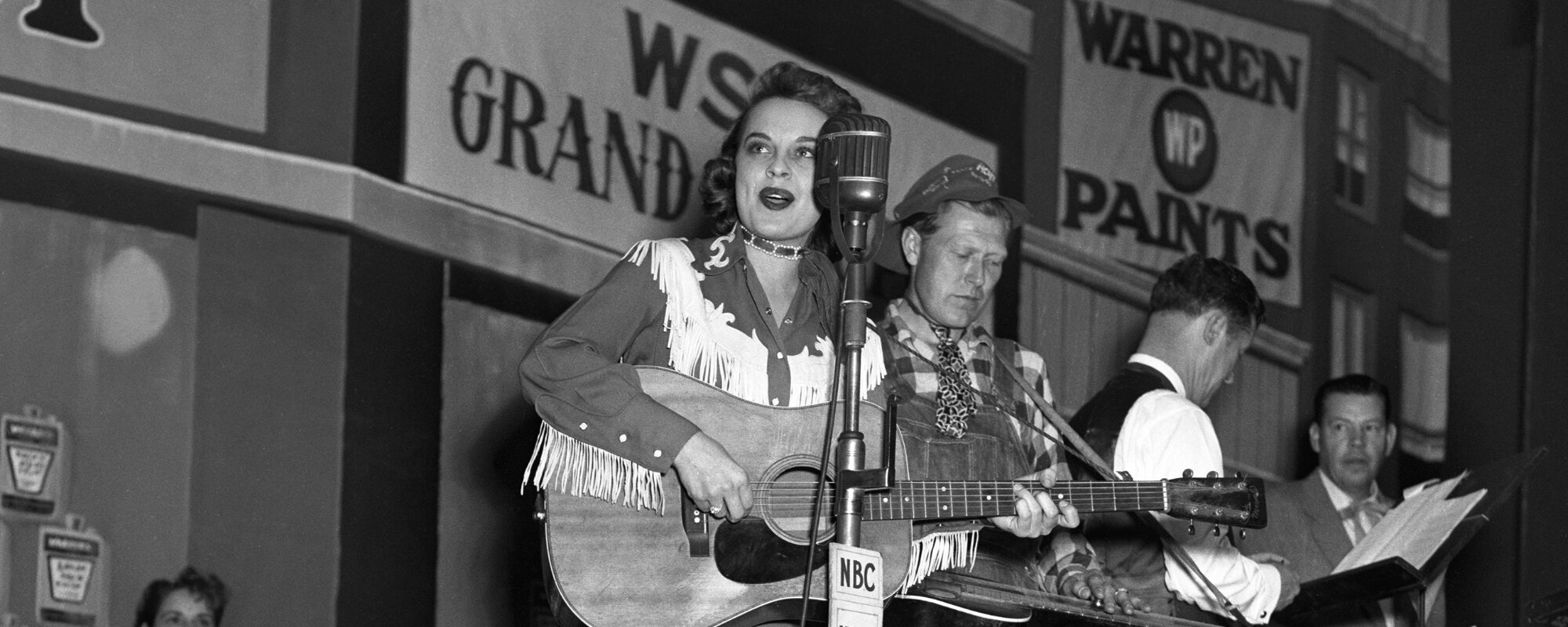
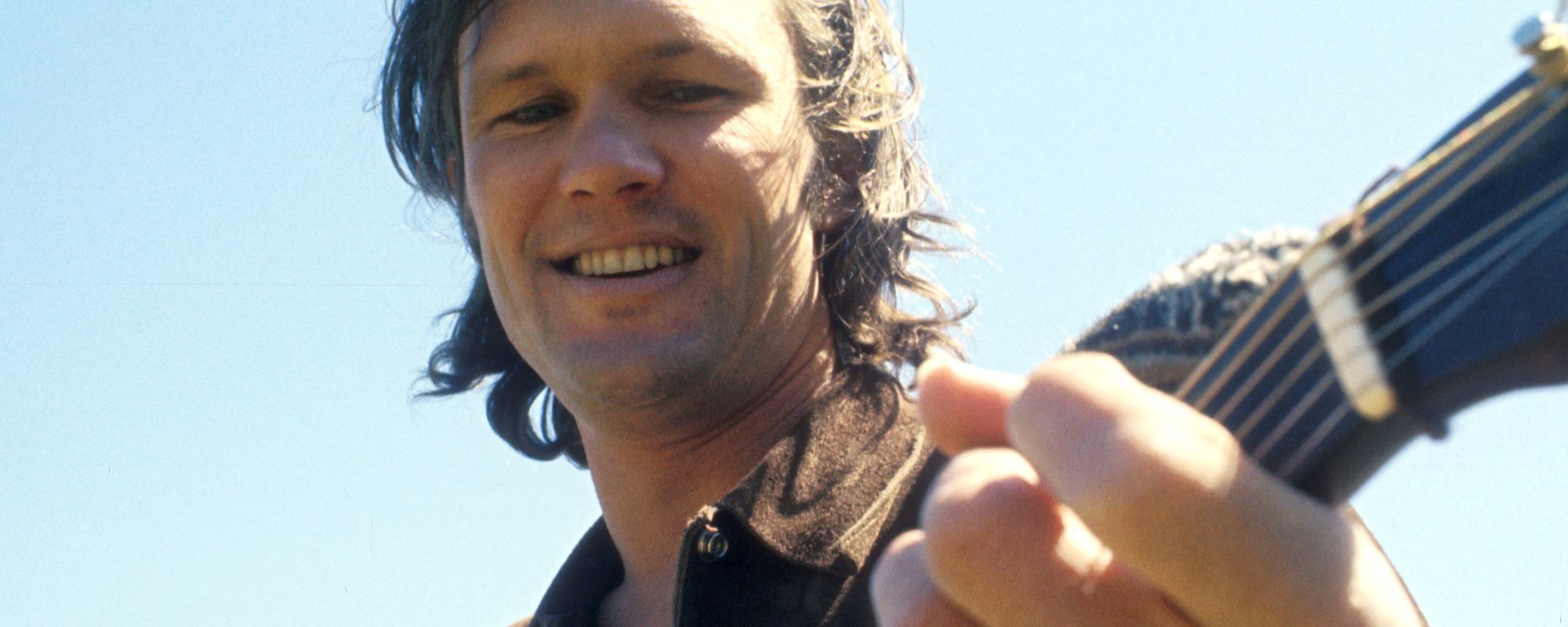
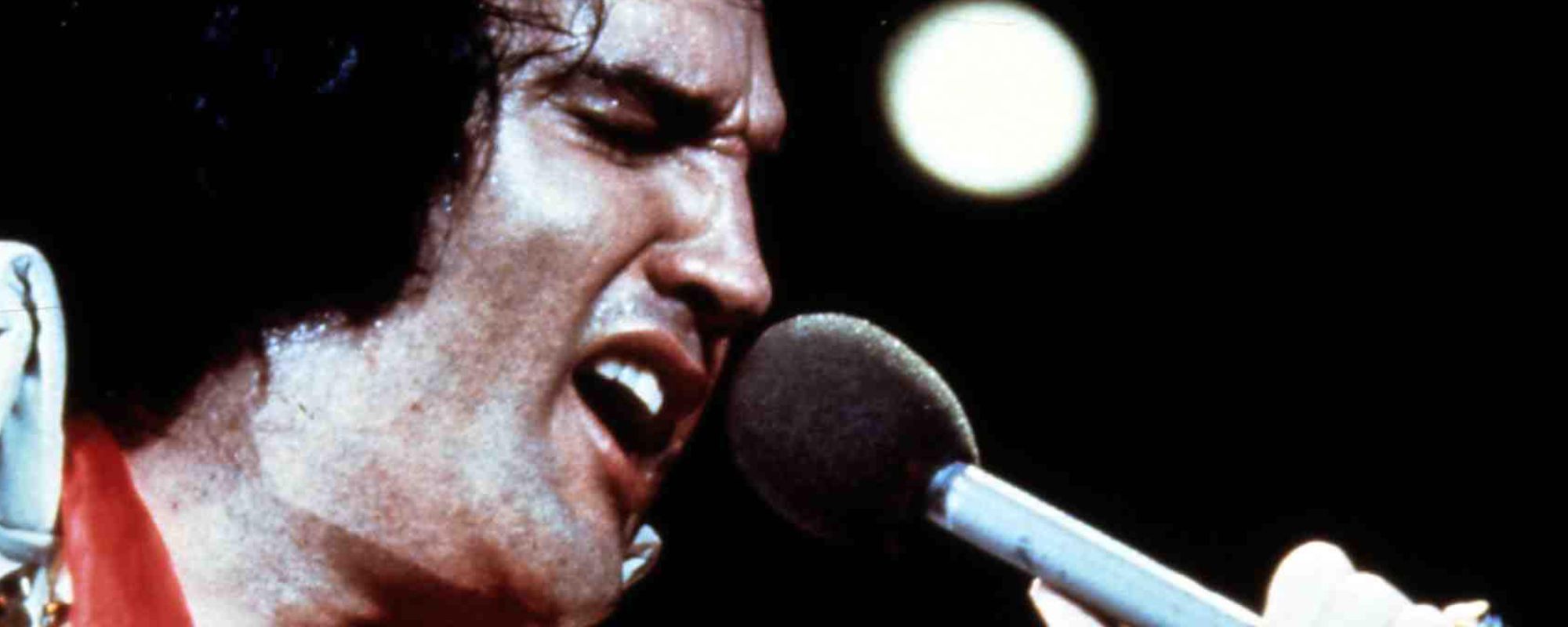
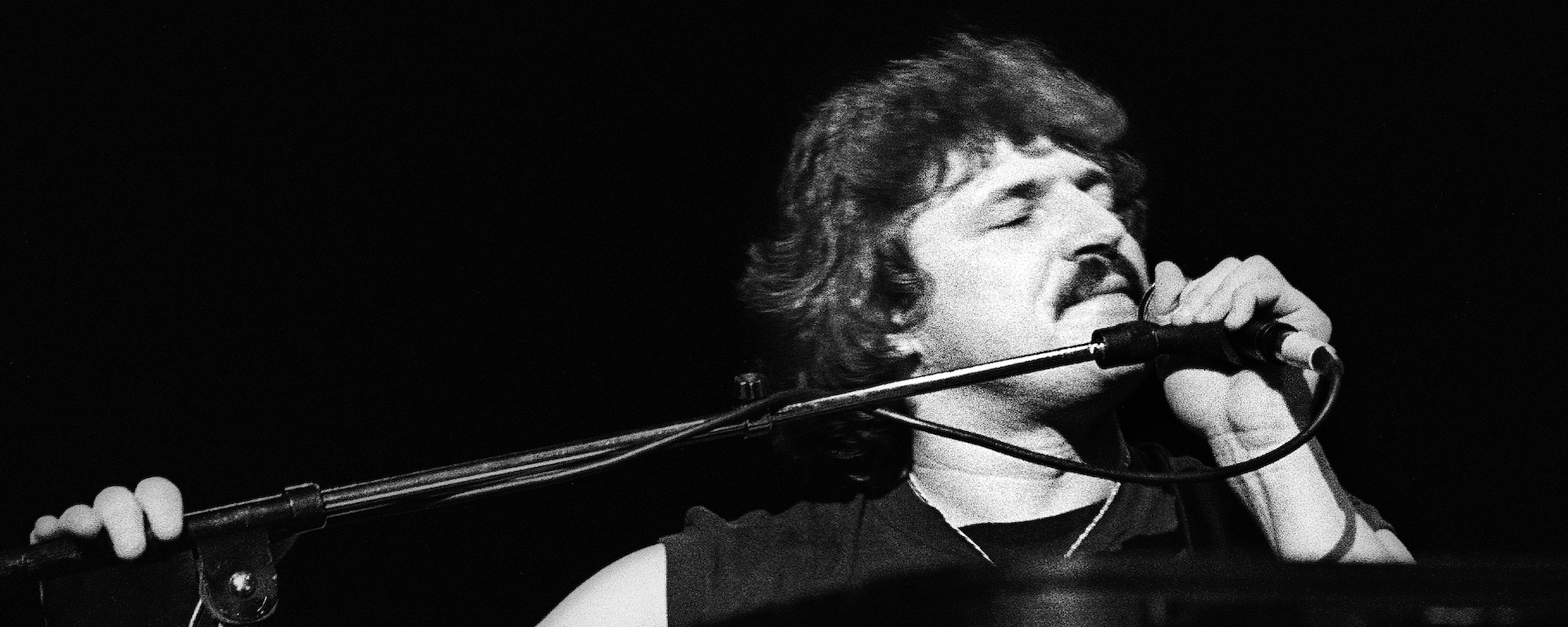



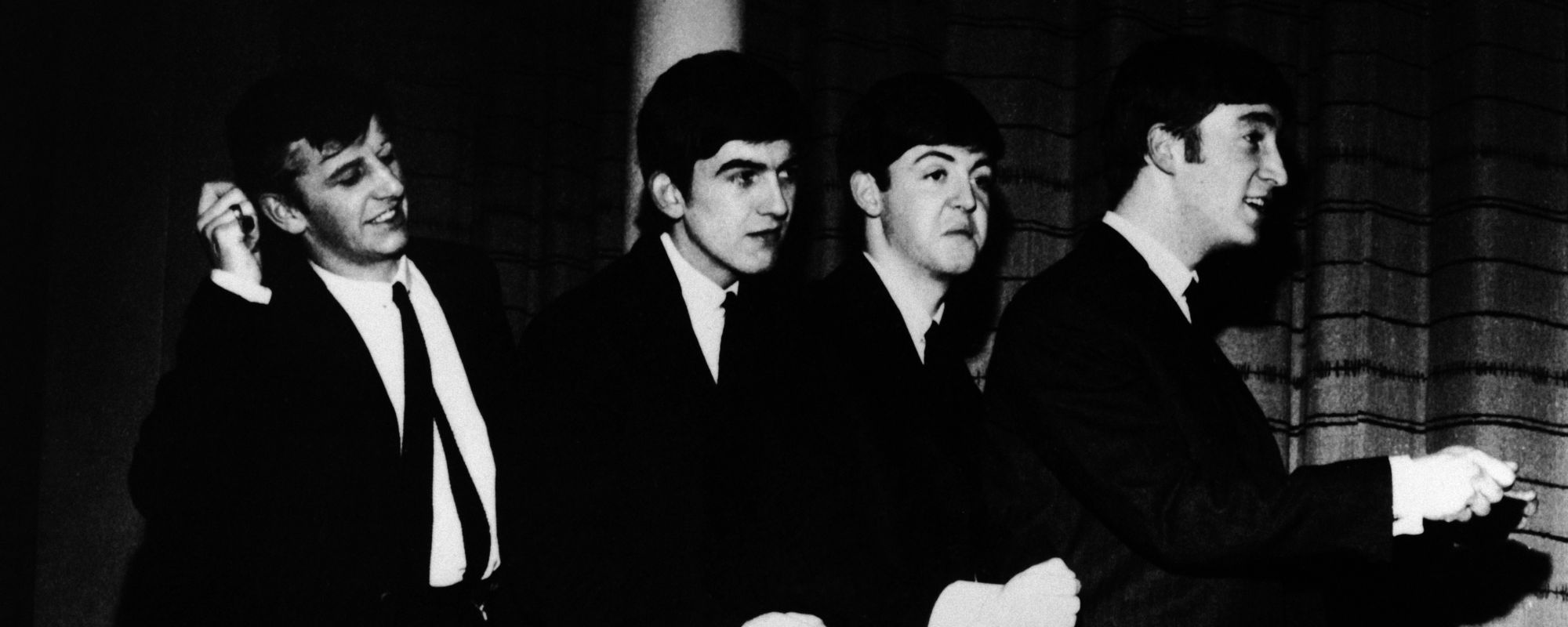


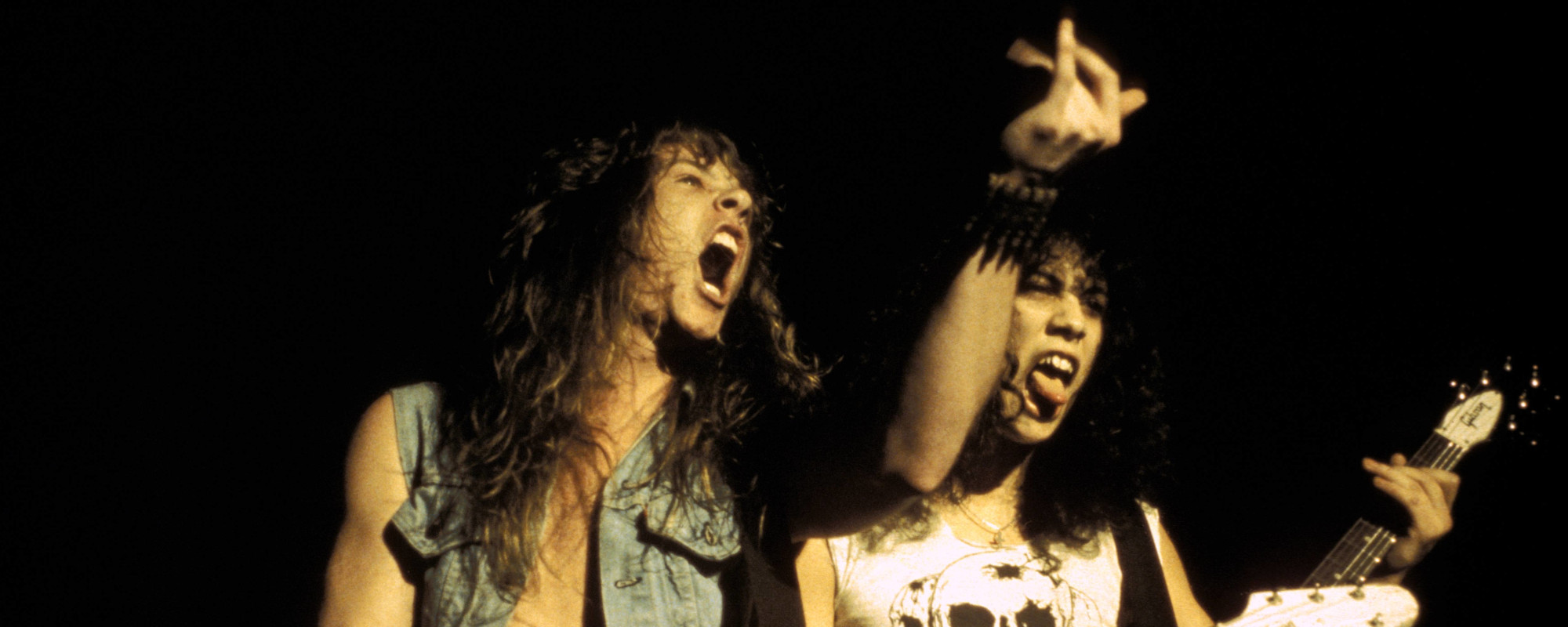
Leave a Reply
Only members can comment. Become a member. Already a member? Log in.